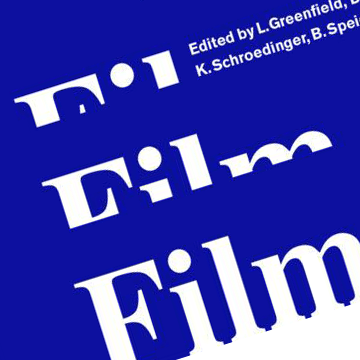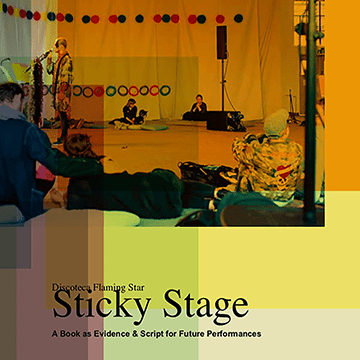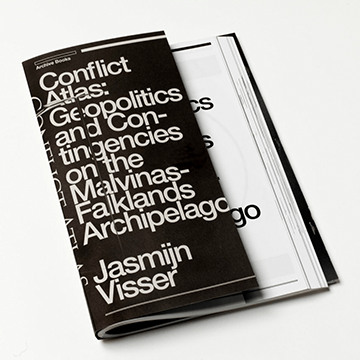This book brings together contributions from participants and guests of Film in the Present Tense – International Symposium on Current Developments in Analog Film Culture, held in Berlin. It reflects a contemporary discussion around the use, value and purpose of analogue film from a multiplicity of perspectives: artists, filmmakers, scholars, archivists, curators, technicians and manufacturers. Film in the Present Tense intends to provide a documentation of the collective momentum that characterized the symposium and it responds to the persistent desire to keep talking about analogue film.
Tag: Berlin
Luta ca caba inda
An archive of film and studio material in Bissau. On the verge of complete ruin, the footage testifies to the birth of Guinean cinema as part of the decolonising vision of Amílcar Cabral, the liberation leader who was assassinated in 1973. In collaboration with the Guinean filmmakers Sana na N’Hada and Flora Gomes, as well as many allies, Filipa César imagines a journey where in this fragile matter from the past operates as a visionary prism of shrapnel, with which to look through. Digitised in Berlin and screened at various locations – in what would come to resemble a transnational itinerant cinema – the archive convokes debates, storytelling and forecasts. From their screening in isolated villages in Guinea-Bissau to European capitals, the silent reels are now a place from which people might search for antidotes to a world in crisis.
Sticky Stage
Sticky Stage is an installation and a performance. It's a rehearsal situation, carried by live music, including poems, songs, films and texts. This book gives evidence to Sticky Stage, specified on the basis of the case study at DISTRICT in Berlin. It is a path for future performances. This book is an archive of the performance and a documentation of what will be.
Conflict Atlas
Conflict Atlas looks at history through the perspective of the Falklands Islands/Islas Malvinas. Global events are mirrored to local proceedings on the archipelago. Through this method it explores trade routes, colonial enterprises, patterns of migration, questions of identity, strategies in warfare and the role of the climate in social issues. Conflict Atlas comprises texts, maps and archival materials. Starting from the case of the Falklands/Malvinas it aims to create a field of tensions by the multiplication and stratification of geographical sites, historical times and subjective views.



